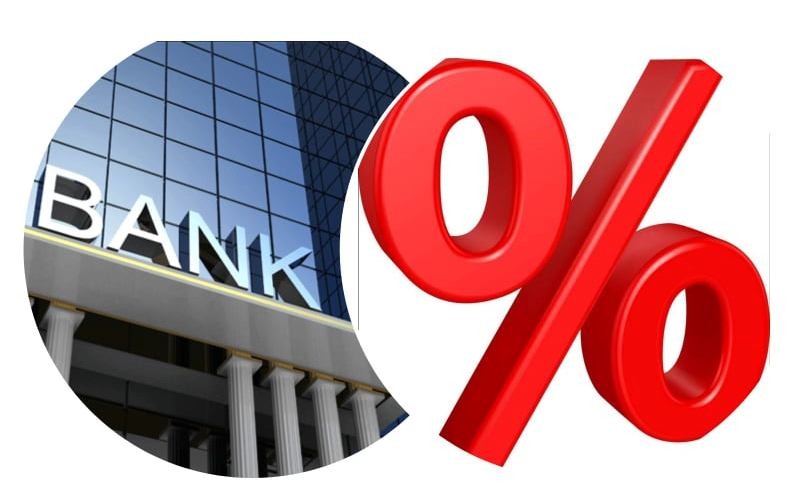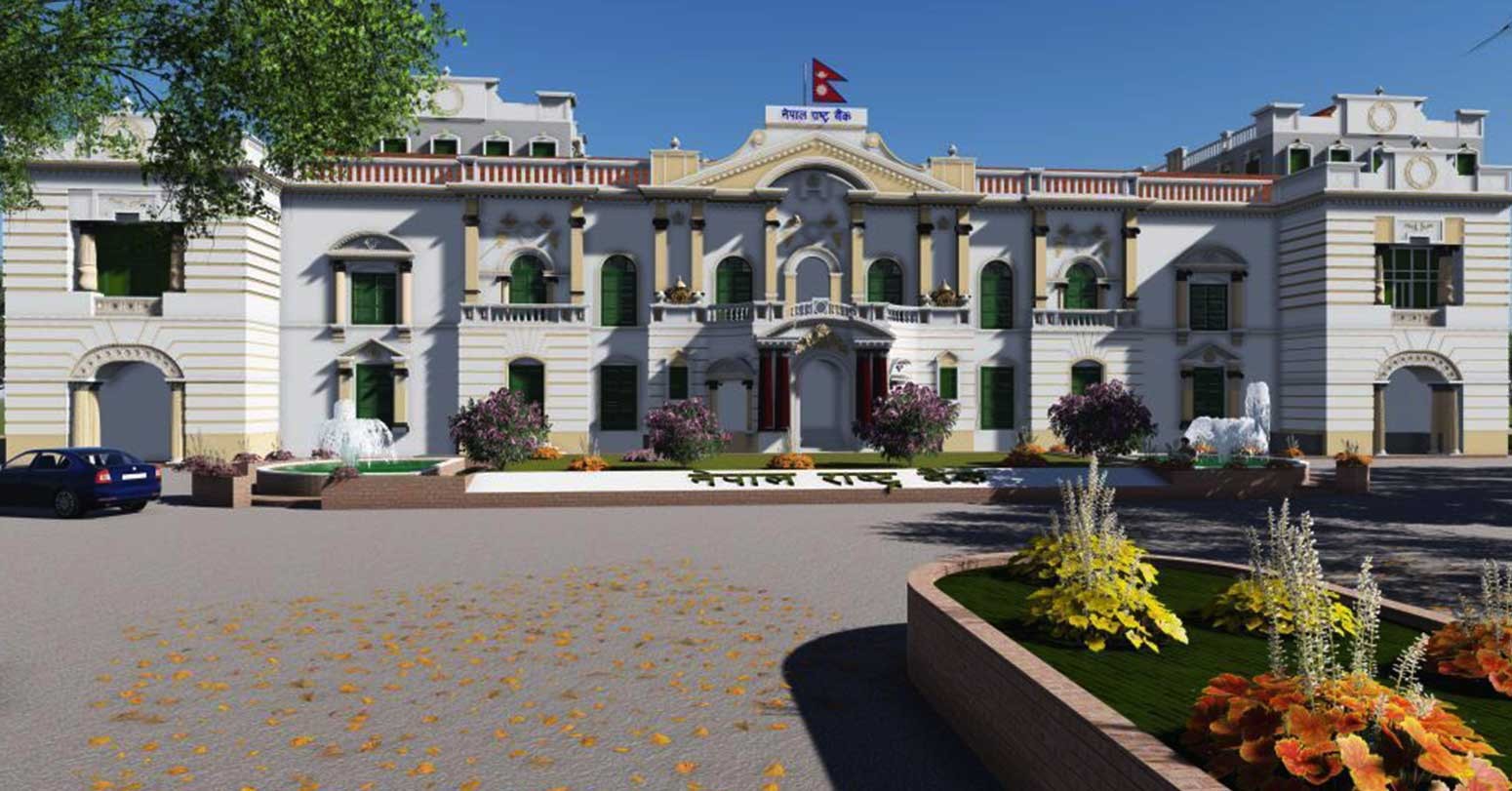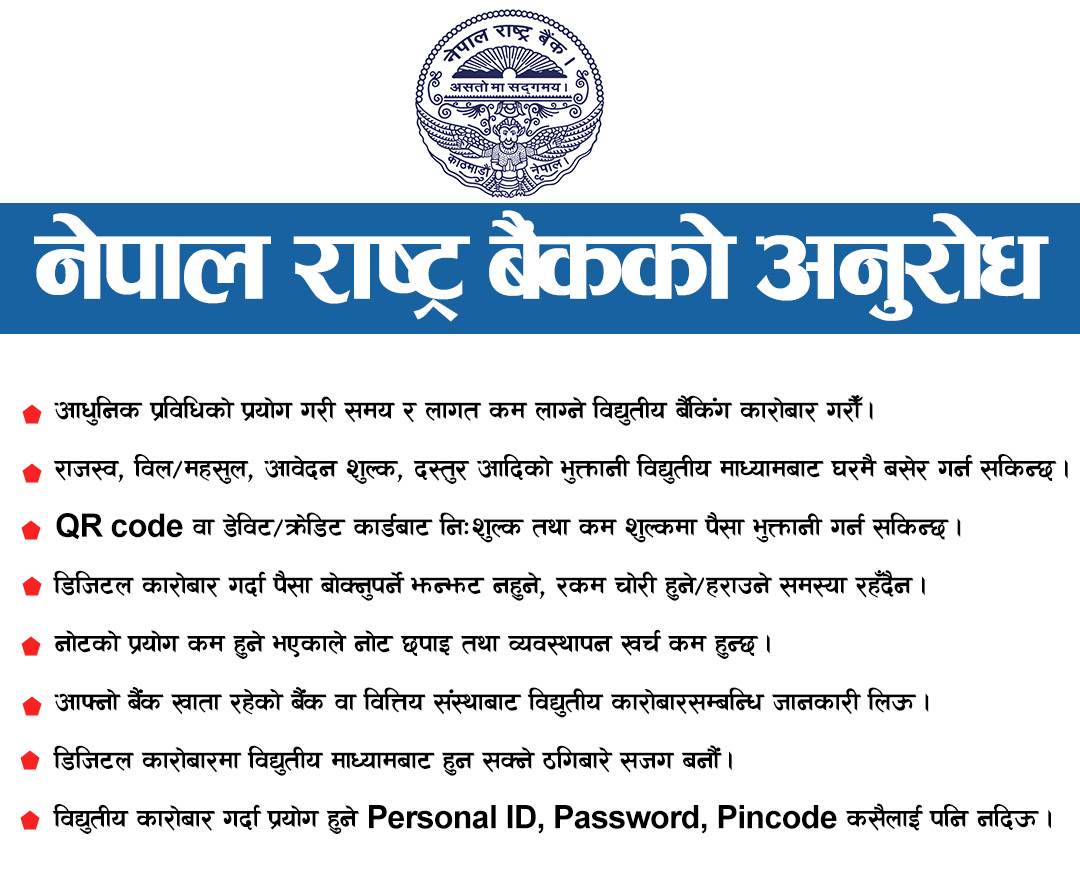Inflation is under pressure in the world and to sustain for reserves support only six months in Nepal _ Gunakar Bhatta
Apr Fri 2022 01:01:05
1228 views

The basis of Nepal's economy is not so weak, the current problem can be addressed _ Dr. Gunakar Bhatta
Kathmandu. Executive Director and Spokesperson of Nepal Rastra Bank Dr. Gunakar Bhatta has made it clear that the state of Nepal's economy is not dire. "In our case today, the economy is not terrible. The foundations of the economy are not so weak. There are bright sides to our economy. Due to this, the current pressure can be addressed tomorrow, ”he said.
Public inflation is now under pressure. There is pressure. Inflation in the United States used to be 2 percent, but now it is estimated that March inflation will reach 8 to 10 percent in the United States. Developed countries are also under the pressure of inflation. They are under the pressure of foreign exchange inflation. Because the supply of manufacturing has been affected, so has the price of petroleum products. Foreign exchange reserves have also been affected. Countries like Sri Lanka and Pakistan are under pressure from foreign exchange reserves. We are also under pressure, ”said Bhatta.
There is a challenge in running the economy. Inflationary pressures are due to the international situation. The price of petroleum products has gone up in the world market and as a result we have a tendency to go up in price. There is no supply of raw material for industries. Foreign exchange reserves have declined significantly over the past year. Last year, we had 12 months of reserves to support imports of goods and services.
Now it is declining. He is now in a condition to sustain six and a half months. Looking at the balance sheet and balance of payments, the amount outside Nepal has increased. This means pressure on foreign exchange reserves. Research status, how much money went out of Nepal? And how much money came to Nepal from outside? According to him, the current account deficit is Rs 247 billion. This means that the exchange reserves have decreased. Tomorrow, food and medicine will not be affected by imports? That concern has increased. Foreign exchange reserves should be given priority. Can NRB make petroleum products economical? Let's stop the import of gold and silver. When there is a lot of pressure on foreign reserves, it may be a problem to buy medicine tomorrow. '
Citing the fact that Nepal imported rice worth Rs 50 billion last year alone, Bhatta said that in the first eight months of this year alone, Nepal imported rice worth Rs 37 billion. He said, "We have imported around Rs 27 billion worth of vegetables in the last eight months." We have imported fruits worth Rs 16 billion in the last eight months. These are the essentials of our lives. Tomorrow we will be internally self-sufficient, that is another thing, tomorrow we will have to save foreign exchange reserves for importing essential commodities including medicines. The current rise in prices has shown that we need to be a little more economical in our use of petroleum products. We need to be vigilant about foreign exchange reserves. '
"Sri Lanka's internal and external debt is 117 per cent of GDP, we have no comparison," he said. Looking at the state of foreign employment, the basis of remittances is definitely. What it indicates is that Nepal's remittances will be good tomorrow. The economic side is positive. If we work in a coordinated manner, we can gradually address the challenges facing the economy. '
He said there was liquidity in the banking sector. He said, “Nepal Rastra Bank has repeatedly provided about Rs. 54 trillion permanent liquidity facility. Even now, it is seen that there is more than Rs 200 billion investment in the market. About three trillion is given for liquidity every day, but there is pressure on liquidity. Not without. Gradually improvement can come now. There is some pressure on bank interest rates. As liquidity pressures increased, so did the supply and demand gaps. That is why interest rates have gone up. Our objective is to maintain interest rate stability. We have taken some steps for this. "






